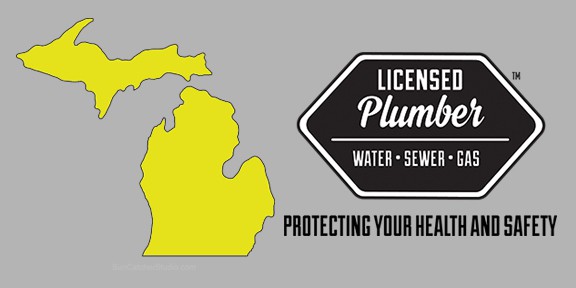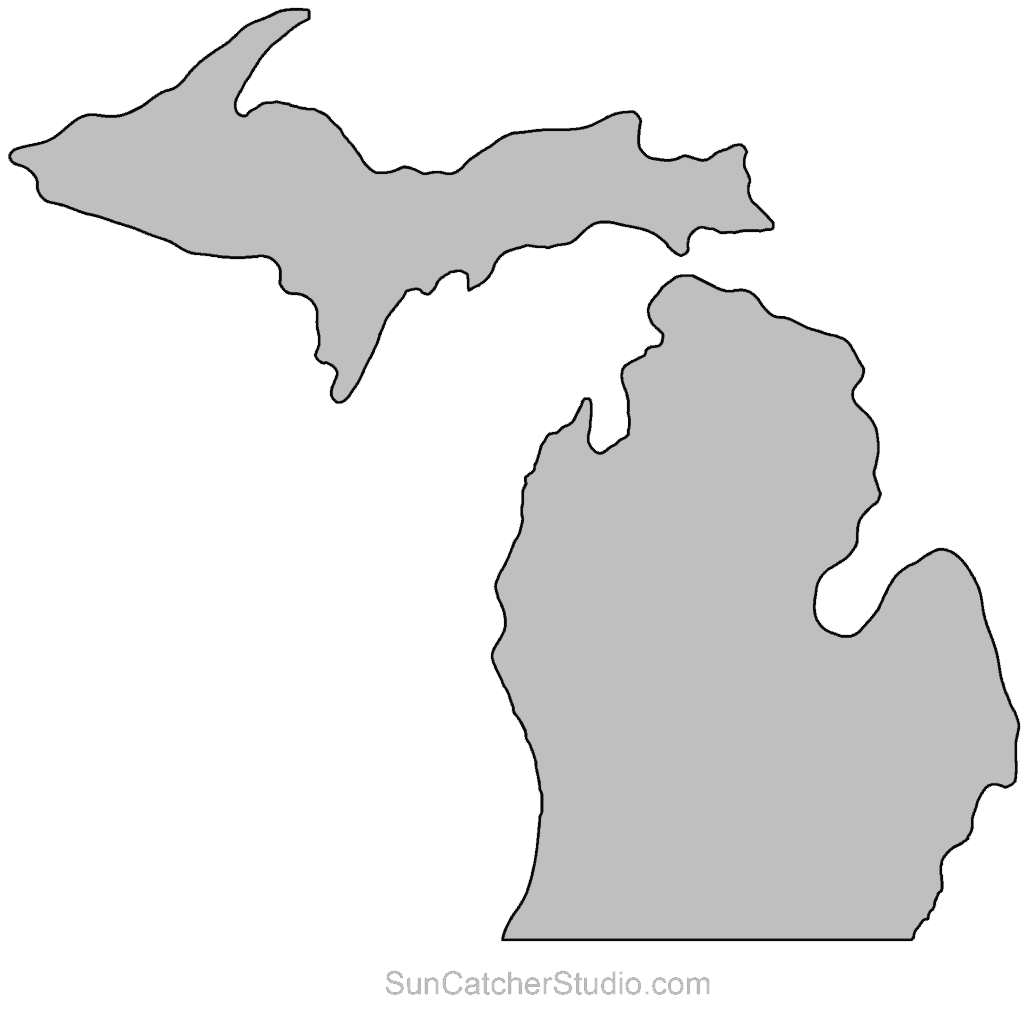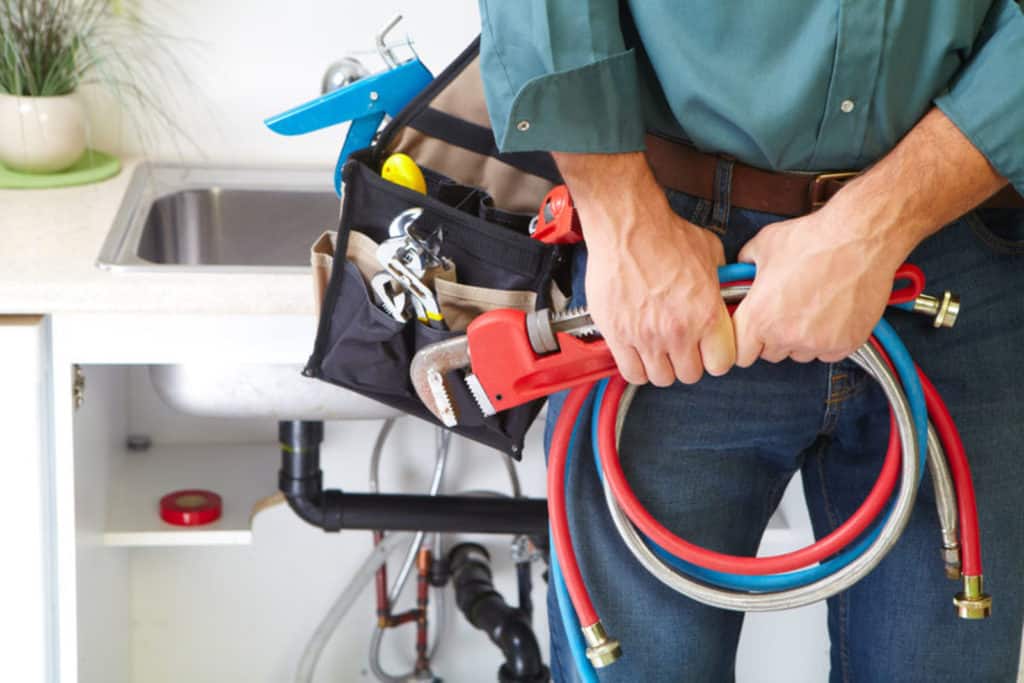Table of Contents

At this point in the 21st century, acquiring a trade skill such as plumbing provides a lucrative career path, considering how these fields are gaining more recognition. However, learning trade skills isn’t as simple as taking the four-year route to university, since each state has different regulations and requirements for licensing qualifications. Learn how to become a licensed plumber in Michigan below.
Why Licensing is Important
Licensing is crucial, no matter what state you want to work in, and it’s provided by either a state or district-based authority. Having a license means accessing various job opportunities in your state, which includes large-scale projects like designing plumbing layouts. Performing plumbing work without a proper license is an offense under section 221D, sub-section 1 of the Building Act 1993.
Getting licensed from your state-based authority is a beneficial turning point for a plumber’s career. It promotes learning about the specific plumbing problems that are common in a state, and how to address them with advanced methods.
State vs. District-Based Agency Licensing
In some states, getting a state license is enough for a contractor to complete projects all over the state. On the other hand, bigger states with diversified cities and districts will require a plumbing contractor to get a district license.

This will limit them to working in a particular district, but since these areas will be very large, such as those in the state of New York, contractors get plenty of work opportunities.
Getting a Plumbing License in Michigan
Learning a trade skill can provide one with numerous career opportunities in the construction, HVAC, and plumbing industries. Michigan is one of the states where more students are choosing a trade skill to guide their career path. Here, licensing and examination fall under the authority of the Michigan Department of Licensing and Regulatory Affairs. Here’s how to get your plumbing license in Michigan
Requirements for a Plumbing Contractor License
Before you can apply for a license, you need to meet certain requirements. The criteria vary based on which license you’re aiming for; journeyman plumber, master plumber, or contractor.
Apprenticeship
For a journeyman plumbing license, you need to have completed at least 3 years of plumbing work as an apprentice under the supervision of a licensed plumber. An apprenticeship usually includes both hands-on and theoretical work. For example, apprentices will complete classroom hours learning about pipe fittings and fixtures before learning how to install them.

High School Diploma or Equivalent
For an apprenticeship, the applicant needs to be at least 18 years of age and have a high school diploma (or an equivalent i.e. GED). It’s preferable if a student shows better performance in science subjects like physics, math, and chemistry.
Experience
For a journeyman plumbing license, an apprenticeship is required. For a master plumber license, you should have worked for two years as a journeyman plumber, with 4,000 hours of experience. You’ll have to provide adequate evidence of your employment as a journeyman plumber, which has to be signed by the master plumber in charge supervising you.
Applying for a License
The application process is a simple one but can take some time depending on the influx of applicants each year.
Application Form
Fill in the application form with relevant information and submit the examination fees to the regulatory body.
Criminal History
Before your application for a plumbing exam is approved, you need to pass a criminal background check. Make sure to fill in the form and submit it with any supporting documentation that may be required.
Exam
The exam will cover practical, written, and oral tests. In addition, it will include plumbing practice and theory, and test your knowledge about state plumbing regulations and codes. The exam will follow a format like
- In the journeyman exam, 150 questions in 2.5 hours
- In the master plumber exam, 100 questions in 2.5 hours
- In the contractor exam, 50 questions in 2 hours
License
After giving the exam, you will be informed in due time as to whether you have passed or not. After passing, you can pay the licensing fee and get your license.
Finding a Job
As a journeyman plumber, you have the options of working at
- Your past apprenticeship
- A new plumbing company, as long as it allows you to work under the supervision of a master plumber.
As a master plumber, you can supervise apprentice plumbers, while plumbing contractors can start their own plumbing company or work as an individual contractor.
Stay Connected with Your Apprenticeship
After obtaining your journeyman license, you can work for the same company where you completed your apprenticeship. This will allow you to work under the direction of a master plumber, and in a practice that you’re familiar with.

Start Working with a New Company
For a change of pace, you can also start working at a new company after obtaining your journeyman plumbing license.
Start Your Own Company
If you obtain your master plumber license, starting your own company or working as a solo contractor are great career options.
Working in a Different State
Nonetheless, getting your state or district plumbing license doesn’t imply that you can work in any state you’d like. In fact, it doesn’t’ even mean that you can work the entirety of your career with just one license.
Getting a plumbing contractor license from Indiana means you can only practice in Indiana. For projects that fall out-of-state, it may be possible to get a temporary permit. Similarly, plumbing contractors will have to get their licenses renewed every year to keep practicing. This is helpful because you get a chance to gain more knowledge about the field.
Advocate for Licensing
PHCEid.org is an advocate for the Plumbing, Heating, Cooling, and Electrical contractor to properly identify their licensed status for public awareness. Professional Contractors have the license or certification to work in homes and businesses. Without the proper certification and licensing to become a skilled trades professional, it compromises the integrity of the trade industry.
The contractors listed on the PHCEid.org website are licensed or certified according to the codes and laws set forth by each governing state and/or entity. Licensed Contractors work in compliance with local and state codes set forth by their governing trade industry board. Get more information at PHCEid.org or call 844-954-2367 today!
